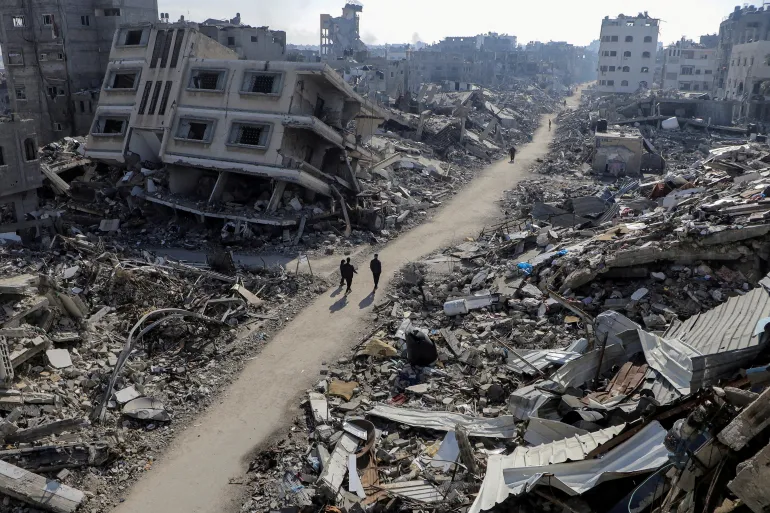Now Reading: Israel Plans Full Control Over Gaza Strip Amid Escalating Conflict
-
01
Israel Plans Full Control Over Gaza Strip Amid Escalating Conflict
Israel Plans Full Control Over Gaza Strip Amid Escalating Conflict

In a significant development, Israel has announced its decision to take full control of the Gaza Strip. The Israeli Defence Forces (IDF) may also enter areas where hostages are reportedly being held. The announcement signals a new phase in the long-running conflict and raises serious questions about the future of both governance and humanitarian conditions in the region.
What’s Happening on the Ground
The move comes as part of Israel’s broader military strategy in response to ongoing tensions with Hamas. Over the past several months, the region has witnessed intense fighting, airstrikes, and mounting civilian casualties. The latest decision to assume total control is being viewed by many as a shift from tactical retaliation to long-term occupation planning.
According to statements by Israeli officials, the objective is to eliminate any threats posed by militant groups and secure lasting peace. However, critics argue that this approach could further destabilize the region and worsen the humanitarian crisis already affecting millions of Palestinians in Gaza.
Possible Entry into Hostage-Held Zones
One of the more sensitive aspects of the plan involves potential entry into zones where Israeli hostages are suspected to be held. These areas are believed to be under tight Hamas control, often located in dense civilian areas. This raises concerns over collateral damage and the safety of both hostages and residents.
Military experts suggest that such operations would be extremely complex, both logistically and politically. It’s a high-risk move that could either secure hostages or provoke further backlash.
International Reaction and Concerns
The global response has been mixed. Some nations have expressed support for Israel’s right to defend itself, while others have called for restraint and a renewed focus on negotiations. International humanitarian organizations have warned that full occupation of Gaza may severely affect civilian access to food, water, and medical supplies.
The situation is being closely monitored by the United Nations and several Middle Eastern countries, who are urging both sides to find a diplomatic route before the conflict spirals further.
Relevance for Indian Readers
For Indians, especially in Tier 2 cities where many families have relatives working in the Gulf region, this news carries both emotional and practical implications. India has a long-standing neutral stance in the Israel-Palestine issue but has also consistently called for peaceful resolution through dialogue.
Moreover, Indian citizens in and around the Middle East may be affected by any escalation. The Indian government has already issued advisories and is monitoring the situation for any possible evacuations or safety concerns.
Conclusion
Israel’s move to take full control of Gaza marks a turning point in one of the world’s most intractable conflicts. While the intent is to neutralize threats and restore security, the real test will be in how this decision affects the lives of ordinary people—on both sides of the border. The days ahead are likely to be tense, and the international community’s role in mediating peace has never been more crucial.

























